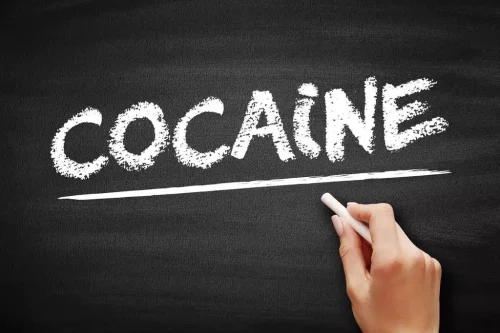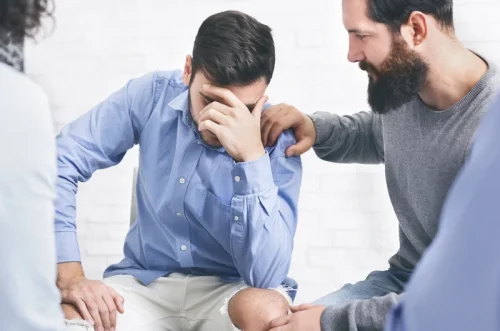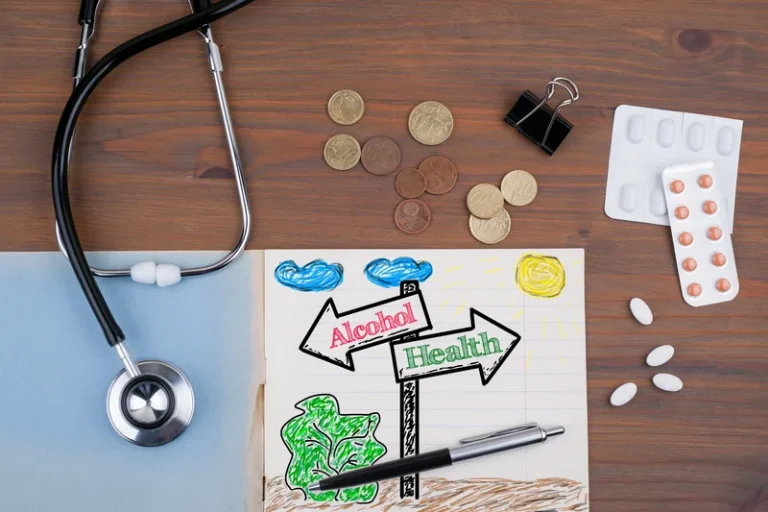
If a person is in therapy during emotional relapse, the focus of therapy may pivot towards reinforcing the importance of self-care. Learning various acronyms can help a person identify when they need to improve their self-care, such as HALT (Hungry, Angry, Lonely, Tired). Substance abuse relapse occurs when a person who has attempted to stop using a substance begins to use it again. Relapse can occur very soon after attempting sobriety, or after several years of sustained sobriety. Please contact me today if you need support in your addiction recovery or visit my Alcohol Addiction Counseling page to learn more.
Stages of Relapse_ Identifying Warning Signs in the Recovery Journey
When you work with a team of professionals and find support from people with shared experiences, you’re more likely to find success with sustained long-term recovery. A return trip to a residential program is not a sign of failure – it could be just what you need to get back on track. One way to stop a shame spiral is to recognize the progress you’ve made in your recovery.
I’m Seeking Help
Soon after, the boredom, anxiety, restlessness, and other negative feelings set in, putting you at risk of relapse. While most people can achieve lasting recovery with the help of addiction treatment services, relapse is often part of that process. Some people will relapse multiple times before finding permanent recovery.

Patient Care Network
This is a firm recommendation we make to properly monitor the medical condition of those detoxing and participating in therapy and counseling. Inpatient rehab is required for those who can’t pass a drug test while participating in outpatient rehab. Doctors will then build a personal profile for the patient so they can track their treatment and progress throughout their time with us.
It can also result in intense cravings that then continue to further use. After a relapse, getting back on track as soon as possible is important. Going to a meeting and sharing your experience with others in recovery can help you remember that you are not alone. Sharing can help you create a connection with others and can bring a boost of confidence, knowing that if others have gotten back on track, you can, too. It can also keep you accountable and reduce any feelings of shame or grief that you may be experiencing after a relapse.
As people progress through the stages of relapse, they exhibit various warning signs. By recognizing warning signs that you or a loved one may be headed for relapse, you can take steps to prevent it from occurring. Poor self-care leads to negative emotions, feelings of unhappiness what to do after a relapse and increased levels of stress. As people continue to practice poor self-care, they transition into a mental relapse. During emotional relapse, people aren’t considering drinking or using. However, they aren’t practicing coping behaviors or proper self-care.


If they relapse and use the same dose that they used during active addiction, their risk of overdose is high. Friends and family members can recognize outward warning signs and try to intervene before a full relapse occurs. Using https://ecosoberhouse.com/ drugs once during recovery doesn’t necessarily mean that a person has relapsed. A single use is usually referred to as a “slip.” Some people can slip without relapsing, but drinking or using increases the chance of relapse.

However, people who slip and don’t seek help often experience a physical relapse. They begin using obsessively or compulsively, and they start to experience negative consequences from that use. Sometimes people regret using or drinking after a slip and find a renewed passion for recovery. A friend, family member or therapist may find out about the slip and help them access resources or find motivation to prevent relapse from occurring. Between 40 and 60 percent of individuals in recovery experience relapse.
How to Respond to a Relapse
- Getting an outside perspective can help you to put your relapse episode in context and reframe relapse with a professional perspective on what happened and how you can do better.
- When an addicted person acts on their craving, a surge of neurotransmitters causes them to feel pleasure.
- If they relapse and use the same dose that they used during active addiction, their risk of overdose is high.
- Since roses symbolize healing for me, I took it as a sign of hope … that I won’t plummet too far … there are things in this life that I’m meant to do.
- Similarly, some studies suggest a relapse rate for opioids as high as 80 to 95 percent during the first year after treatment.
- Remember that recognizing these signs does not guarantee relapse, but it does indicate a need for intervention and support.
Relapse itself can be a result of unreasonable expectations that you felt you couldn’t meet. The reality of relapsing is that most of those who seek out treatment for an addiction fall prey to a relapse an average of 50% of the time. Addiction is a legitimately tough thing to overcome from a psychological perspective. Decoupling yourself from the chemical, mental, and emotional aspects of substance use disorder is very difficult but achievable if you persevere through the process. It’s imperative for all patients to set realistic expectations and learn how to turn the disappointment from mistakes into resilience and antifragility.
- For specific questions about your health needs or that of a loved one, seek the help of a healthcare professional.
- Warning signs may manifest as isolating oneself from support systems, neglecting self-care, experiencing cravings or thoughts about using substances and engaging in risky behaviors.
- The recovering brain is susceptible to depression, anxiety and other mental health issues.
- This approach helps people in recovery anticipate the factors that might cause them to engage in their addictive behavior again—and to plan ahead for these situations.
- You can also manage your expectations by reaching out for support.
Understanding the role of expectations in a key aspect of preventing addiction relapse. If you’re recovering from alcohol or substance abuse, the last thing you want to think about is relapsing. Remember, if you are trying to quit, you should plan for and try to avoid relapse. But if you do relapse, you should accept that it is a normal part of quitting and resolve to learn from the experience. One goal of treatment is to help people learn to recognize the signs of relapse during the early stages to increase the chances of a successful recovery. Relapse is common, but it doesn’t mean you failed or won’t have a chance at living a sober life.
コメント